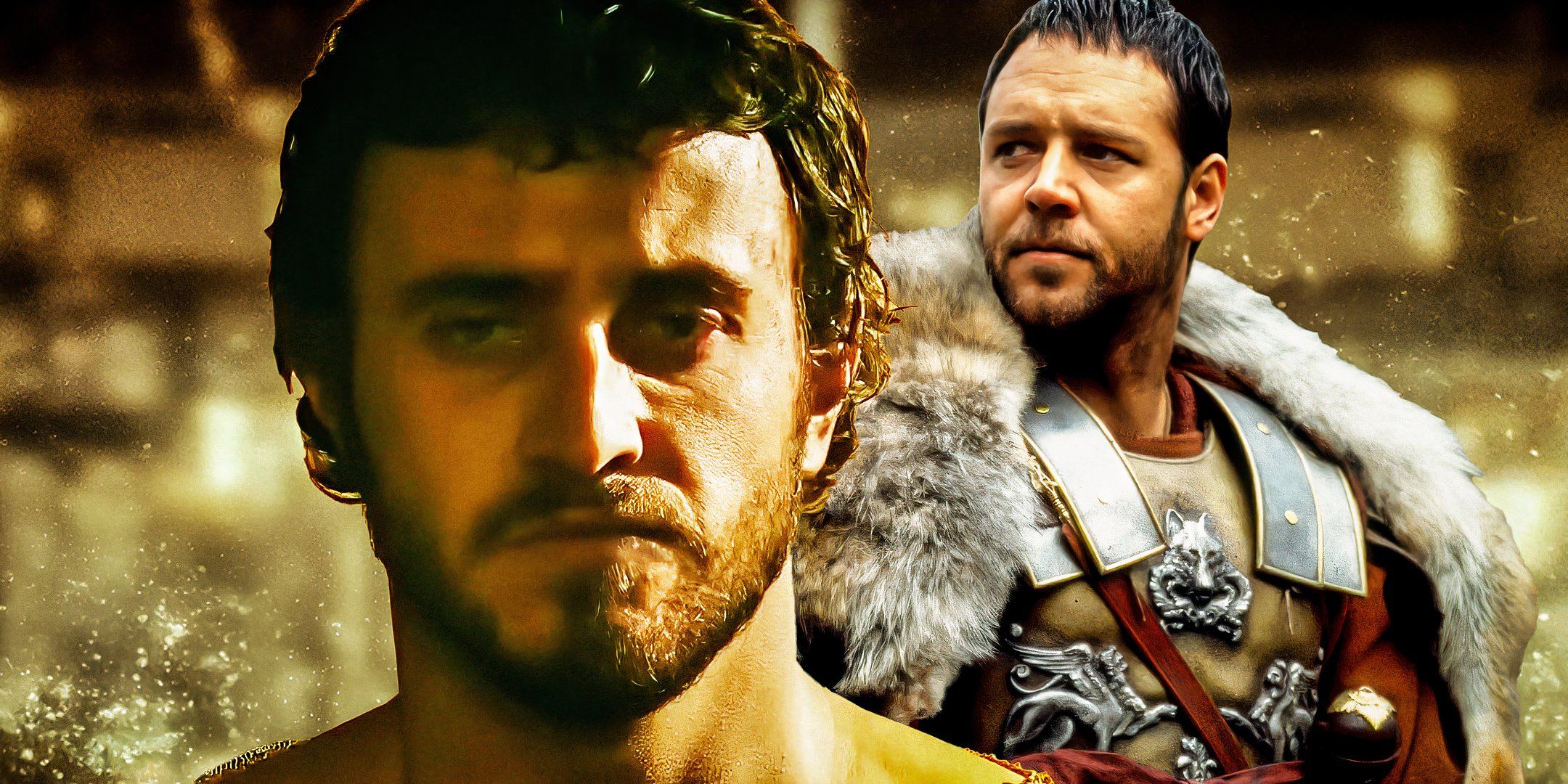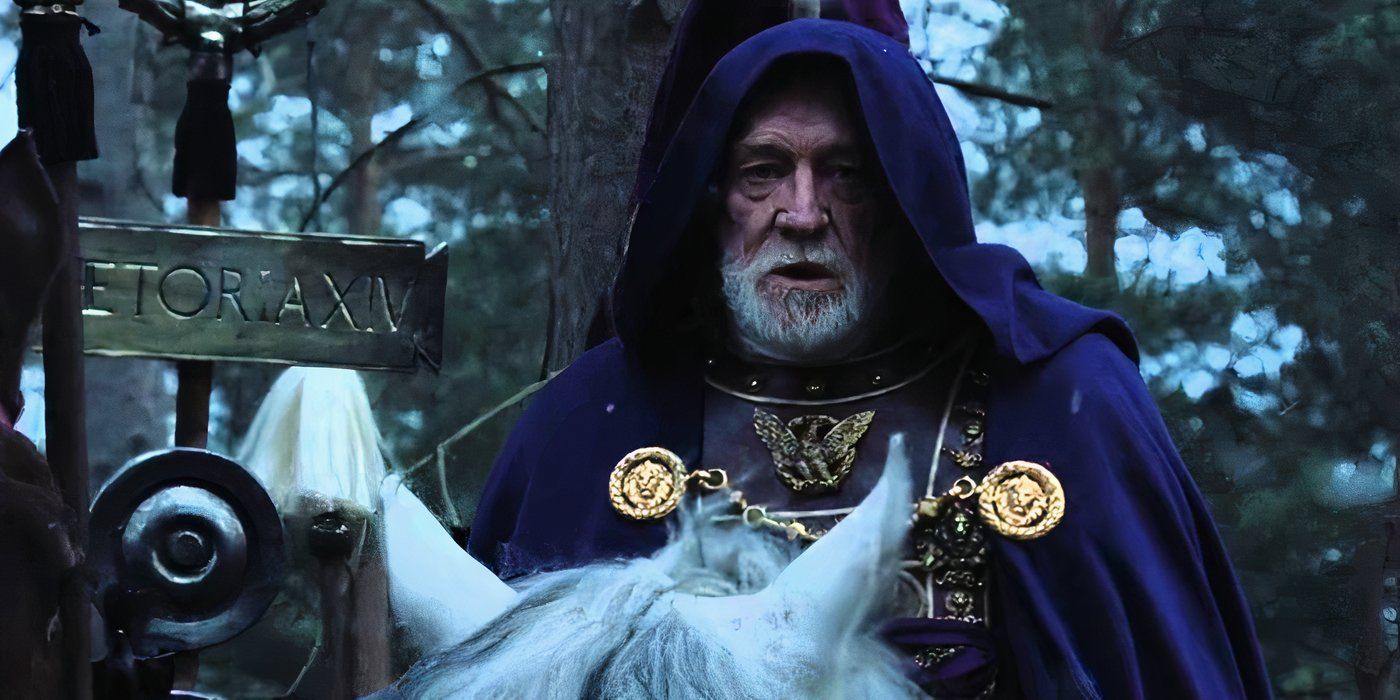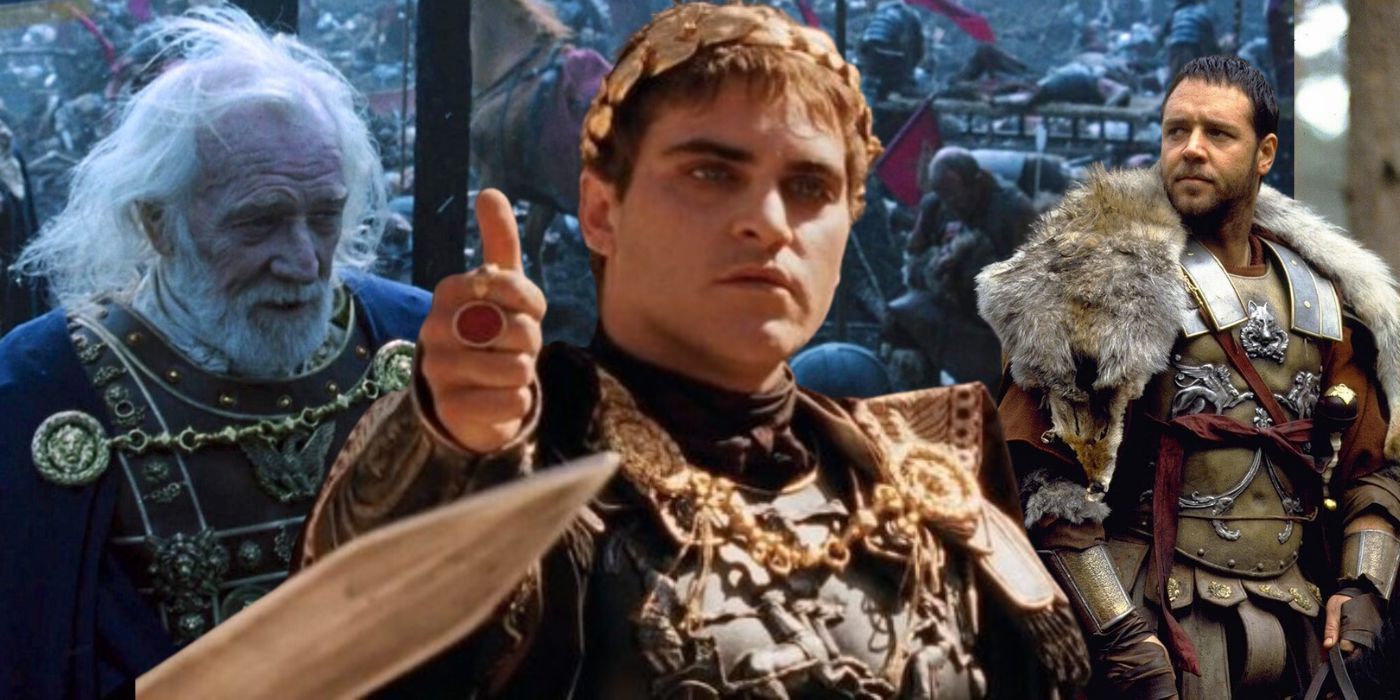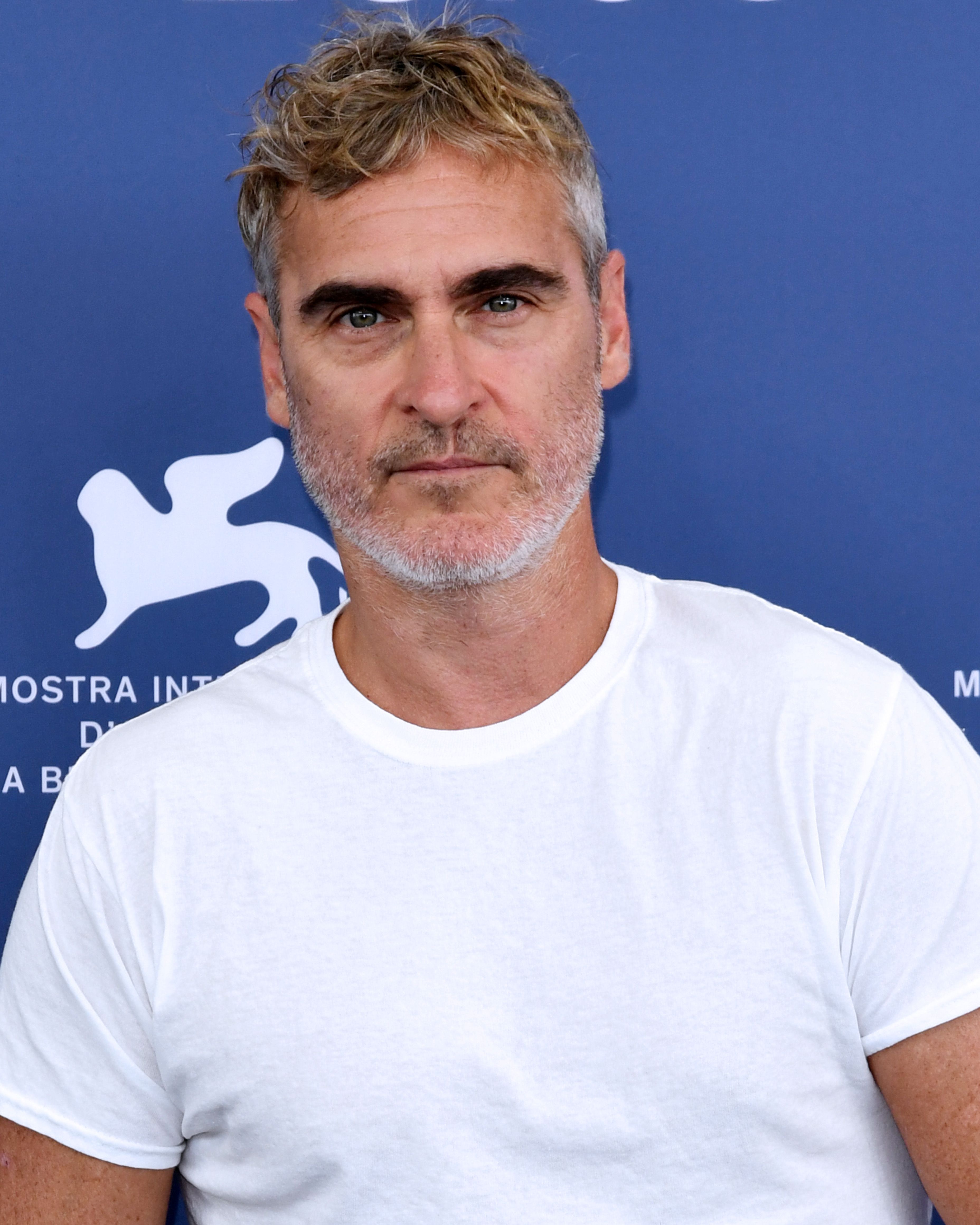These conflicts lasted between 166 and 180 AD and were known as the Marcomannic Wars.
During this same period, the Roman Empire suffered from the effects of an illness named the Antonine Plague.
As the war was coming to a close in 180 AD, Marcus Aurelius died.

InGladiator,Marcus Aurelius' death is depicted similarly.
Marcus Aurelius' brother, Lucius Verus, contracted the illness and died in 169 AD.
Given these facts, it is widely speculated that Marcus Aurelius died from this illness.
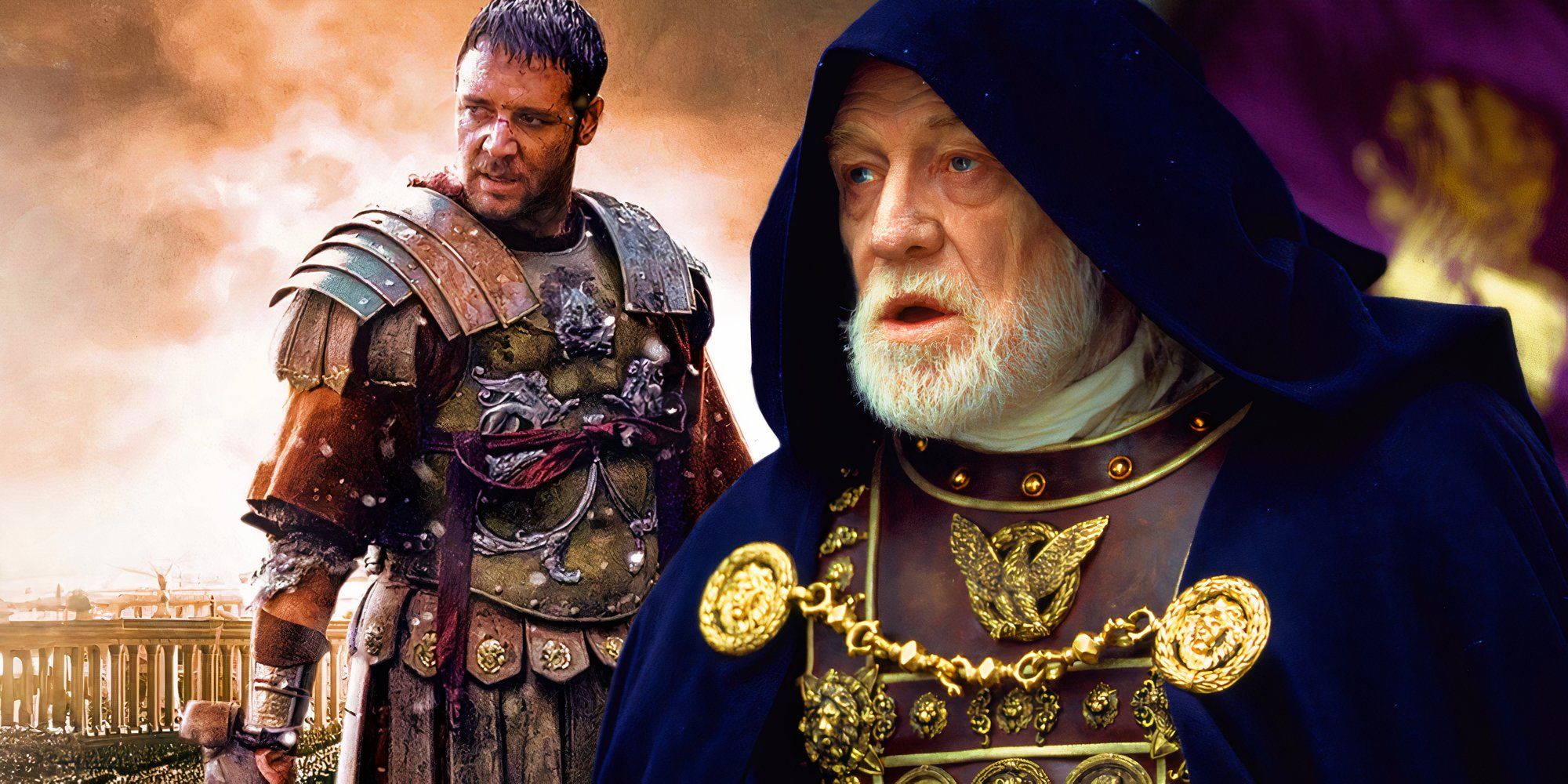
Custom Image by Lewis Glazebrook
Interestingly, Marcus Aurelius' death has often been a subject of debate.
Some claim that Aurelius was poisoned.
Interestingly though,Gladiatoralso somewhat incorporates Marcus Aurelius' apparent illness into the story as well.
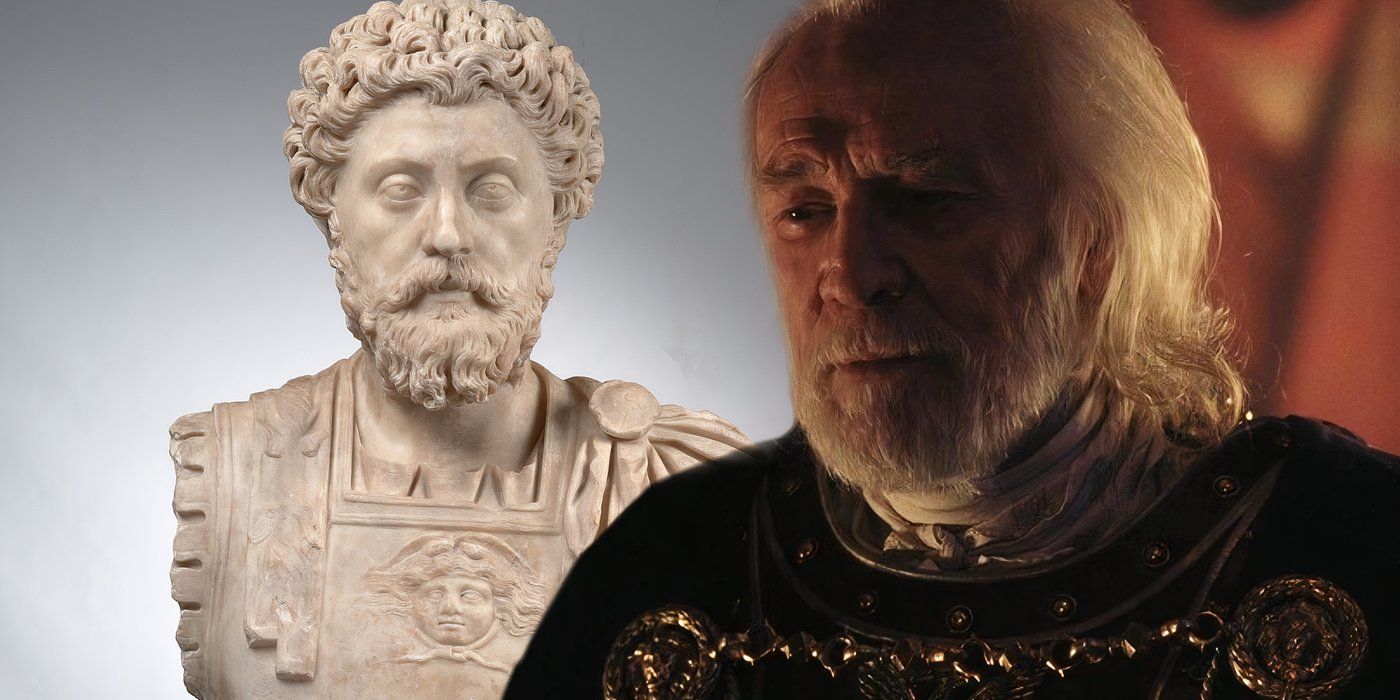
Gladiator follows Maximus, a Roman general betrayed by the new emperor Commodus. After escaping execution, he is enslaved and becomes a gladiator. Set in ancient Rome, the story portrays his struggle for survival and quest for vengeance as he battles for his freedom in the arena.
When a man sees his end, he wants to know there was some purpose to his life.
After escaping execution, he is enslaved and becomes a gladiator.
